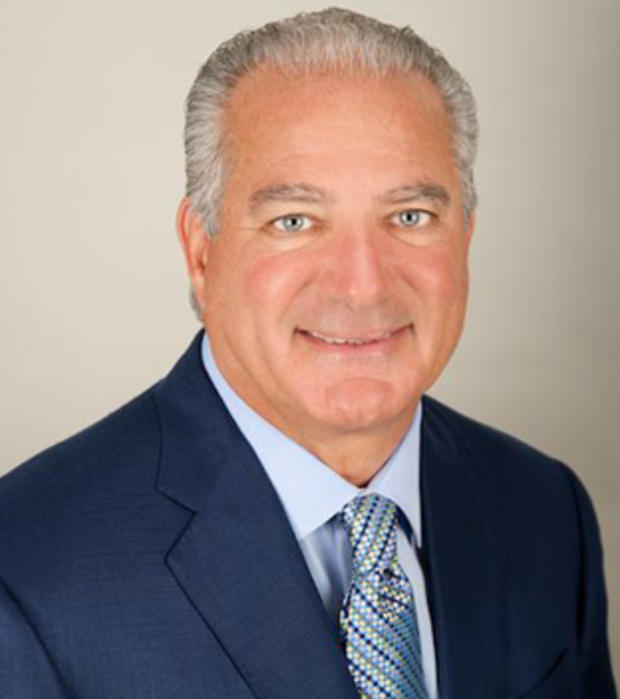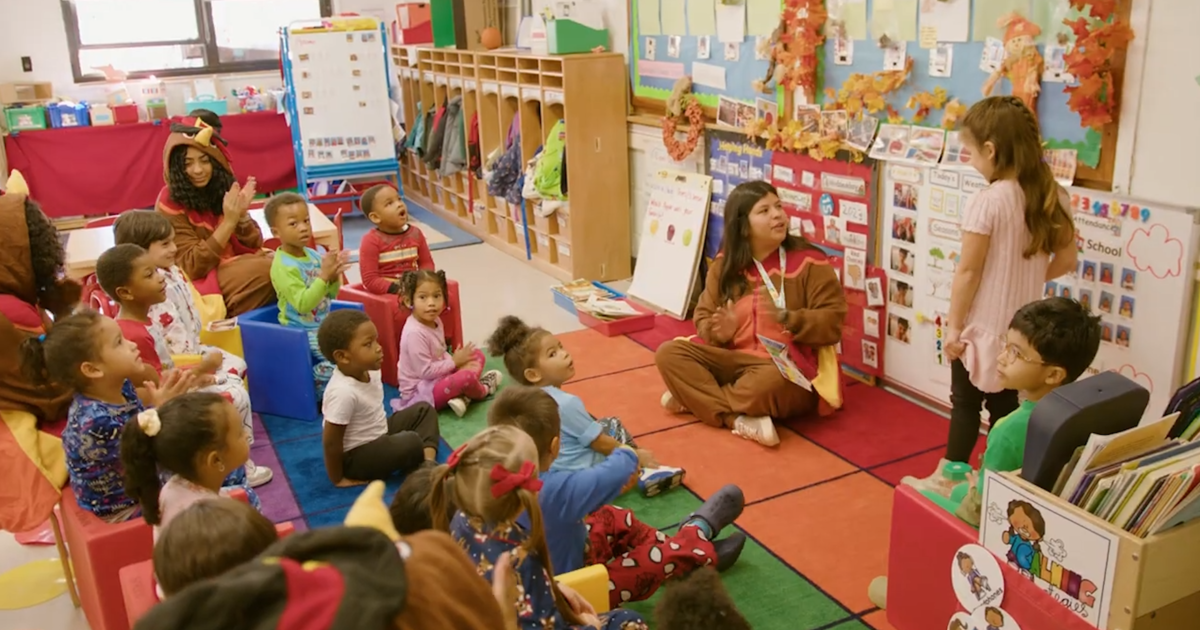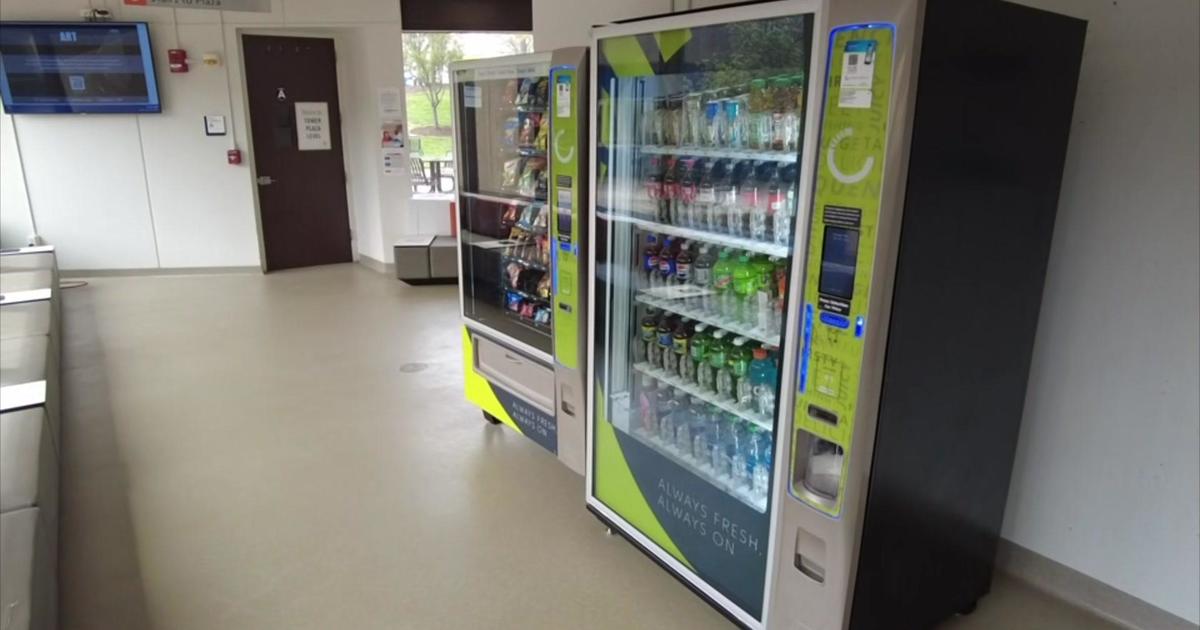Schwartz: Just Pay The Kids! NCAA Should Compensate 'Student-Athletes'
By Peter Schwartz
» More Columns
A few years ago, the NCAA Board of Directors proposed that athletes on full scholarships would be allowed to receive a $2,000 stipend. That was basically an acknowledgement by the NCAA that their student-athletes need a few bucks to live while they are attending college.
But since that time, there continues to be opposition from university athletic directors and presidents to the stipend, and that takes us to where we are today. The landscape of college spots could very well be changing after last week's ruling by the Chicago district of the National Labor Relations Board that Northwestern football players are looked at as employees instead of student-athletes.
The whole concept of paying student-athletes has been debated for years, but with the increase in revenues throughout collegiate sports, maybe it's time that the players have a few bucks in their pockets so they can go get a slice of pizza.
One of the most influential executives in the sports-marketing industry was pleased to hear about the ruling.
"I was really thrilled, actually," said Frank Vuono, co-founder and partner in 16W Marketing, a New Jersey-based sports-marketing company. "I'm not certain about the whole unionization route, but I was happy that the action by the labor board brought into focus the whole issue again and really brought it to the surface."
With revenues skyrocketing because of national television contracts and the development of conference sports networks, universities are basically printing money while salaries for coaches have escalated.
Yet, the players are not getting a single dime out of it.
Many will argue that the players should not get any money because they are student-athletes and they are getting an education. But what does that really mean? Are a lot of these players really in college for an education?
Or are they really just there to hone their skills before they turn pro?
"First, you have to ask. 'Are they really student-athletes?'" said Vuono, who also serves as Chairman of the Princeton Football Association. "That's something that the schools created to justify the fact that they're giving them scholarships. You have 10 or 12 hours a day where you have to practice or train, or you have to attend class and study."
Because of those hours, the kids can't work on campus. That means they can't do a lot of the things that typical college students can do.
"A lot of these kids don't have the money to go buy a pizza," said Vuono. "They don't have money to do their laundry. They don't have money to travel home on holidays. It's just not fair and equitable."
You could make the argument that once a school offers a scholarship, it is paying that kid to play. There is a distinct difference between an academic scholarship and an athletic scholarship.
The student-athletes are on campus because of their athletic abilities. If they leave college early to turn pro and want to come back at a later date to finish school, they have to pay their own way because, in most cases, the scholarship is terminated.
So are these kids being offered an education or a chance to go to school while they're playing ball and helping the university earn millions of dollars?
"One you offer a scholarship to a kid, you're paying him to play," said Vuono. "There's no getting around it. You're getting an education, but in a lot of cases, it's a hypocrisy because are they really getting an education? Are kids actually getting a degree?"
For many "student-athletes," going to college is simply a way to bridge the gap between high school and turning pro. The NFL does not allow players to turn pro after high school. In fact, they can only leave college after their junior year to enter the NFL Draft.
The reality is that many football players are not physically ready to jump from high school to the NFL, so they need a place to play while they develop. Since the NFL doesn't have a development league, that development has to take place in college.
"They have a free ride," said Vuono of the NFL. "They don't want to change that. Their argument is that the kids aren't physically mature and ready to go to the pros. They've been able to get away with that. They're
not going to change anything."
In the NBA, things are different. A player can enter the draft if he's 19 and is one year removed from high school. Many of the elite players go to college for one year and then declare for the draft. It's also a different ballgame in baseball, where a player drafted out of high school can either go to college or sign with a major-league team and develop in the minors.
There are a number of different ways to fund stipends for student-athletes. Colleges can dip into their television money or they can be creative.
That is if they can do away with another rule.
"If Johnny Manziel's jersey was allowed to be sold with his name on it in college, there would be enough revenue to give everybody on his team a stipend, but that's not allowed," said Vuono.
The misconception about the Northwestern case is that many people think that the college players want to be considered pros, or that they are looking for six- or seven-figure contracts.
Maybe the yearly $2,000 stipend is a good starting point, but these kids are not looking to break the bank.
"$50 a week," said Vuono. "That's what we're talking about. There's tons of revenue out there. The money is incredible. There's a ton of ways to peel off a little bit to have it benefit the kids."
Northwestern has appealed the regional ruling to the full NLRB, saying that it believes that its student-athletes are students and not employees. If the decision is upheld, there could be all sorts of ramifications.
If the players are considered employees, they would have to pay taxes on their scholarships. The schools could also hold the players to their scholarships and prevent them from turning pro early.
However, those extreme scenarios are not likely to happen.
"It won't come to that," said Vuono. "Congress will step in. The NCAA will work out a happy medium."
These kids are not asking for a million dollars. They just need a few bucks here and there to help make ends meet. The colleges make millions of dollars as a result of these kids walking through the tunnel and onto the fields or courts.
While it's true that they are there on a scholarship, many of them are not there for an education. You think Jadeveon Clowney was pumped up on a Monday morning to go to his history class?
The Northwestern case will certainly change the landscape of college sports. But when you think about all of the possible scenarios that could result if this ruling holds, it probably behooves both sides to come to an agreement.
You can follow me @pschwartzcbsfan. You can follow Frank Vuono at @frankvuono16w.
You May Also Be Interested In These Stories




